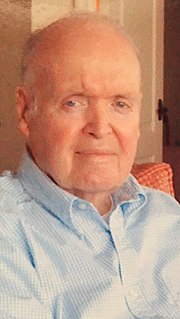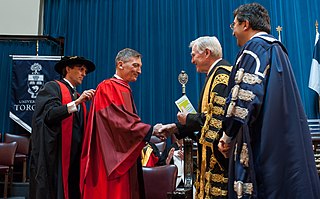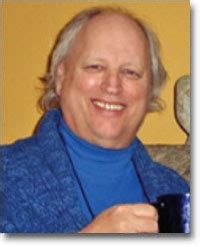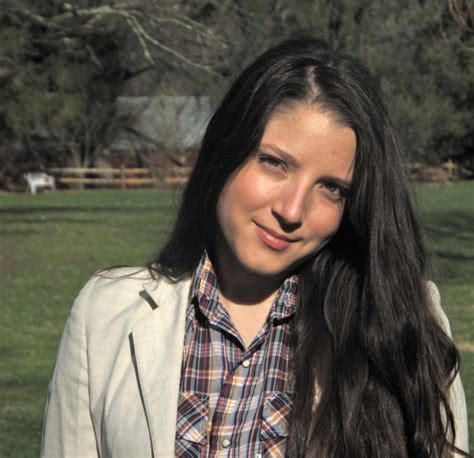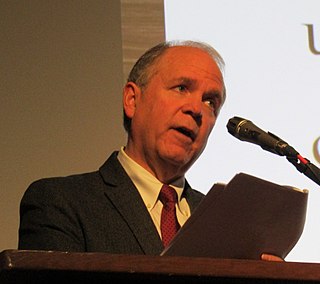A Quote by Thomas Adams
Half our virtue arises from our being out of the way of temptation.
Related Quotes
Well, but you affirm that virtue is only elicited by temptation; - and you think that a woman cannot be too little exposed to temptation, or too little acquainted with vice, or anything connected therewith - It must be, either, that you think she is essentially so vicious, or so feeble-minded that she cannot withstand temptation, - and though she may be pure and innocent as long as she is kept in ignorance and restraint, yet, being destitute of real virtue, to teach her how to sin is at once to make her a sinner.
I think we each have a personal sweet spot as well. It's the state of mind in which we experience the most joy and satisfaction in being ourselves. And from that place of pleasure and joy in being ourselves, energy arises to flow out into our day bringing with it the depth and resonance of our own beingness, bringing with it blessing.
Most people would say they live with an internal angst that they can't always put their finger on. This is because the Internet has changed our very way of being in this world, compelling us to be perpetually "on" - from our cars to our computers, our tablets to our smartphones, our desks to our living rooms or dining tables, our churches to our libraries to our schools.
The writings of latter-day prophets clearly teach that the sorrows and sufferings endured by Adam and Eve upon their leaving the Garden of Eden were ordained by God and were a necessary part of their-and our-earthly experience. President Howard W. Hunter, then a member of the Quorum of the Twelve Apostles, taught: "We came to mortal life to encounter resistance. It was part of the plan for our eternal progress. Without temptation, sickness, pain, and sorrow, there could be no goodness, virtue, appreciation for well-being, or joy."


